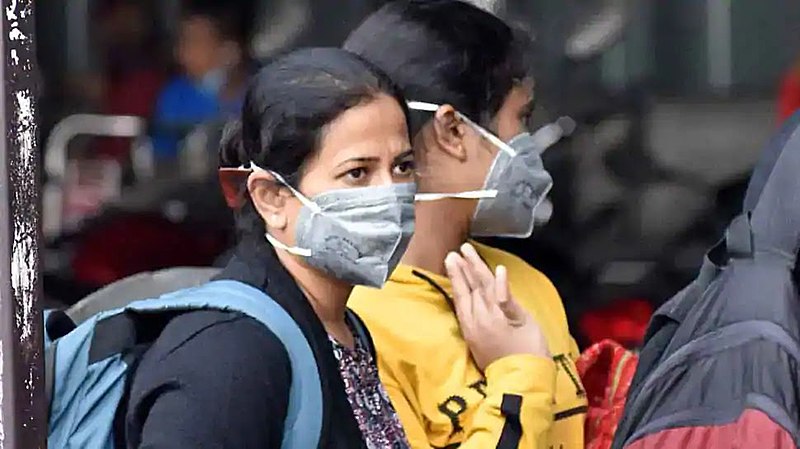A second Covid-19 wave in India reached new heights last week as the country struggled to cope with the combined effects of a more contagious variant, medical supply shortages and the easing of Covid restrictions.
The new wave, which started late last month, saw record levels of infections of coronavirus infections throughout last week. The week started with 295,000 new cases reported in a 24 hour window from 20-21 April, a continuation of an exponential rise in cases throughout the second wave.
By Sunday, 349,691 additional cases had been recorded in the previous 24 hours, a grim milestone of four consecutive record-breaking daily case rises for the country. India is seeing thousands of Covid-19 deaths each day.
The capital Delhi returned to a week-long lockdown from Monday, as Maharashtra state – home to financial capital Mumbai – also introduced tougher restrictions, in a bid to quell the latest surge.
The new variant in India, named ‘B.1.617’, has been blamed for driving the recent crisis. It has been described as a ‘double mutant’ because it has two spike proteins – the mechanism by which the virus gains entry into healthy cells.
Although little is known about the new strain, it is believed to be more transmittable and responsible for the uptick in infection rates. Data also shows it is more deadly in some states, according to the BBC.
An oxygen shortage has increasingly spiralled as hospitals in Delhi have battled unprecedented demand and severe supply shortages. Certain hospitals have put signs up outside saying oxygen is “out of stock”, according to a BBC article.
The Chief Minister of Delhi pleaded on Twitter for extra oxygen supplies as some hospitals in the city and surrounding area warned they had just hours of supply left.
India has simultaneously had to contend with a lack of beds as hospitals are once again reaching full capacity. Nearly all ICU beds in major cities are full, and many Delhi hospitals have had to turn patients away, as well as discharge or ask Covid patients to leave to prioritise sicker ones.
In response to the new wave, the UK on Monday added India to its ‘red list’ – the list of countries from which travel to the UK is banned.
The addition came just after Prime Minister Boris Johnson had cancelled next week’s planned visit to India, where he was due to meet Indian PM Narendra Modi to discuss the future partnership between the two countries.
But the UK announced on Sunday it was sending shipments of emergency medical supplies to India. Over 600 pieces of medical equipment, including 140 ventilators and 495 oxygen concentrators, are scheduled to arrive by Tuesday.
Foreign Secretary Dominic Raab said on Twitter the surplus equipment would “help provide life-saving care for vulnerable Covid patients”. “No-one is safe until we are all safe”, he added.
Describing the nation state as a friend and partner to the UK, Prime Minister Boris Johnson said India faced a “deeply concerning time in the fight against Covid-19”.
Director general of the The World Health Organisation, Tedros Adhanom Ghebreyesus said: “The situation in India is a devastating reminder of what the virus can do”.
He expressed the concern about India’s surge at a virtual briefing in Geneva, and said people were dying across the world because they are not being tested, treated and vaccinated.
The surge and new wave comes during India’s election season, which has seen crowds of thousands gather for election rallies as recently as 17 April. The easing of earlier lockdown restrictions and subsequent large religious and cultural gatherings have resulted in crowded assemblies across India.
Mr Modi, who is seeking a third term with his Hindu nationalist Bharatiya Janata Party, has been criticised after a rally in West Bengal, where he didn’t wear a mask and proudly remarked: “In all directions I see huge crowds of people … I have never seen such crowds at a rally”.
India recently overtook Brazil as the second worst infected country in the world, after the US, with over 16 million total recorded cases of Covid-19 since the start of the pandemic. More than 186,000 deaths have been recorded.
Last Tuesday, Mr Modi described the Covid resurgence in India as “like being hit by a storm”.
Image Credit: TazaaKhabar

